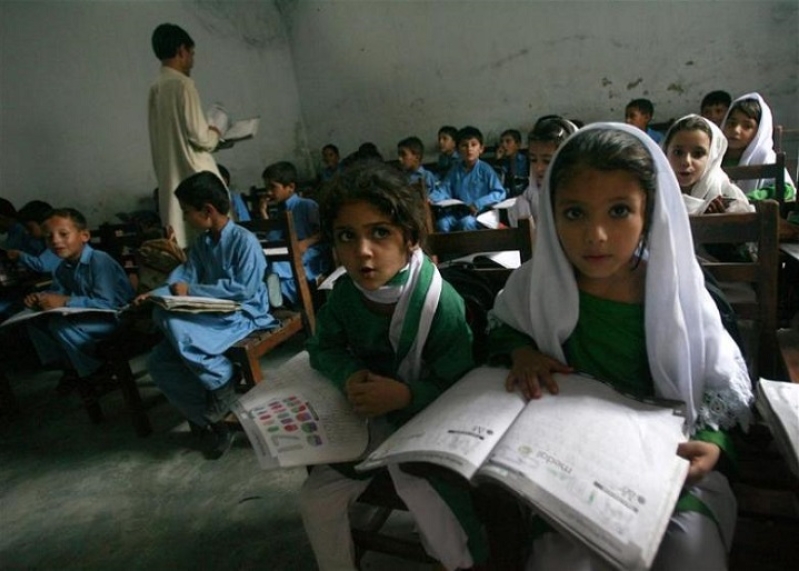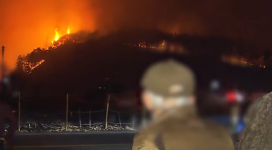
Schools in Pakistan teach children to hate Christians and other religious minorities despite the government's promise to get rid of hate materials.
The International Christian Concern found out that public school curriculums in the country are still injected with anti-Christian bias. One educational material discovered by the ICC talks about "Christian rulers" engaging in a necessary war with Muslims.
"Because Christian rulers were led by fanatic priests, that war with Muslims is necessary for the protection of cross," the material, used for Class 7th Social Studies, said.
Another one for Class 8th Social Studies talked about how Christian pastors "degraded other religions."
"The influence of Christian pastors had increased immensely and they were openly preaching their religion aided by their rule. They freely visit the cities and villages, organized gatherings to describe the qualities of Christianity degraded other religions," the material said.
Last year, the National Commission for Justice and Peace (NCJP) released a study stating that Pakistani schools are introducing religious fanaticism and extremism through textbooks, inciting the students to religious intolerance toward Christians and other non-Muslim faiths.
"This is not only about religious minorities but a national issue," NCJP executive director Cecil Shane Chaudhry said, according to Asia News. "It is a red flag for the government, which must ask the Church to promote the role of minorities in creating and defending the country."
Muslim lawmaker Asma Bukhari admitted the school materials are riddled with "personal opinions."
"Beards are getting longer. Humanity is disappearing," Bukhari said. Both women and Islam are being manipulated."
"Our textbooks are full of personal opinions, which have nothing to do with Islam. It is embarrassing that extremists shout 'Allah is great' (God is greatest) when they blow themselves up," he added, according to Asia News.
In reaction to the study, USCIRF Chairman Robert P. George commented that Pakistani textbooks contain "deeply troubling content" that views non-Muslims as "inferior" and does not acknowledge their rights.
"Missing from these textbooks are any references to the rights of religious minorities and their positive contributions to Pakistan's development," he said in a statement, adding that the education system should promote religious tolerance.
In 2014, the Pakistani government promised to end the use of hate materials in its schools as prompted by a Taliban attack in the Army Public School in Peshawar.
Seven gunmen entered the school and opened fire on students and school staff. The Peshawar school massacre claimed the lives of 141 people, 132 of whom were school children.
At the wake of this attack, the government drafted the "National Action Plan" to combat extremism. However, it has not accomplished its goal.
According to the ICC, school materials in Pakistan have worsened, and persecution of Christians in the schools is still practiced.
In one case the ICC investigated, a Christian student sustained injuries, including a fractured wrist, after refusing to convert to Islam. The student's teacher reportedly demanded that she turn away from Christianity, but when she didn't, the teacher beat her with a cricket bat.
The ICC calls on believers to pray for "our suffering brothers and sisters and for the flourishing of Christian students in Pakistan."







